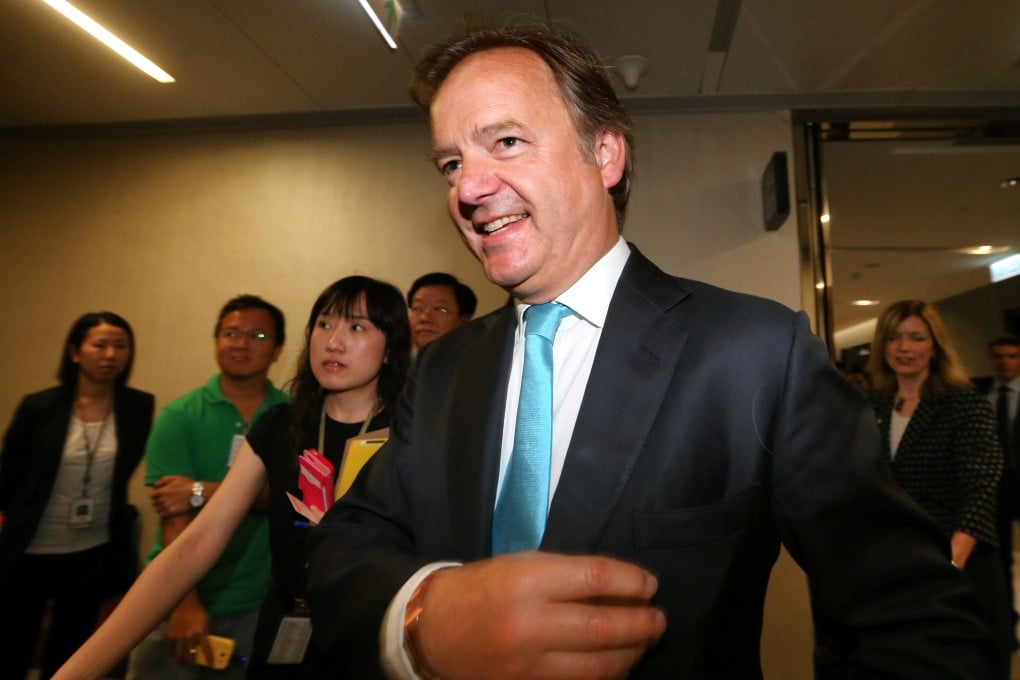Tired British diplomacy has little to offer Hong Kong
Kerry Brown says with fresher ideas, officials may get a better reception

The news that British Foreign Office minister Hugo Swire failed, during a visit to Hong Kong, to meet Chief Executive Leung Chun-ying earlier this month was interpreted by some as a snub - a sign that both the local and Beijing governments are using whatever symbolic means they can to show the former colonial masters they no longer have much standing in their old terrain.
This interpretation at least grants some political grit to the UK. It is, in spite of everything, a power still worth snubbing.
But there might be a less flattering explanation: even the hapless Leung has limited time to spend with people who offer few ideas. The conclusion most observers might draw over the past few months is that if you are looking for interesting ideas about how to address Hong Kong's challenges, then the UK, and in particular one of its foreign office officials, would be the last place to look.
Britain certainly still offers plenty of public posturing. And it is good at enacting small, dramatic shows that it hopes show, deep down, it still really cares about Hong Kong - witness the aborted visit by British MPs planned late last year. The brutal truth may be that, far from a snub, Leung really did have better, more useful people to see.
We should not be surprised. The UK has, in fact, never had many ideas about Hong Kong - not, at least, in the last half century, beyond supporting its commercial stability and engaging in a tidy colonial retreat. The last governor, Chris Patten, tried to introduce some innovations, but did so under fierce attack from his own side.
Hong Kong, in many ways, is the most visible example of a deeper malaise. British diplomatic thinking, generally, has been characterised almost throughout the postwar period as opportunistic and parasitical at best (keep close to the US, and, in dire need, the EU) or, at worst, bereft of imagination and passion.
I used to work within this apparatus, for the British Foreign Office. And I would say that its presiding ethos a decade ago was fiercely anti-vision. Times may have changed, but the recent approach to Hong Kong has shown that this culture seems to remain in place.
